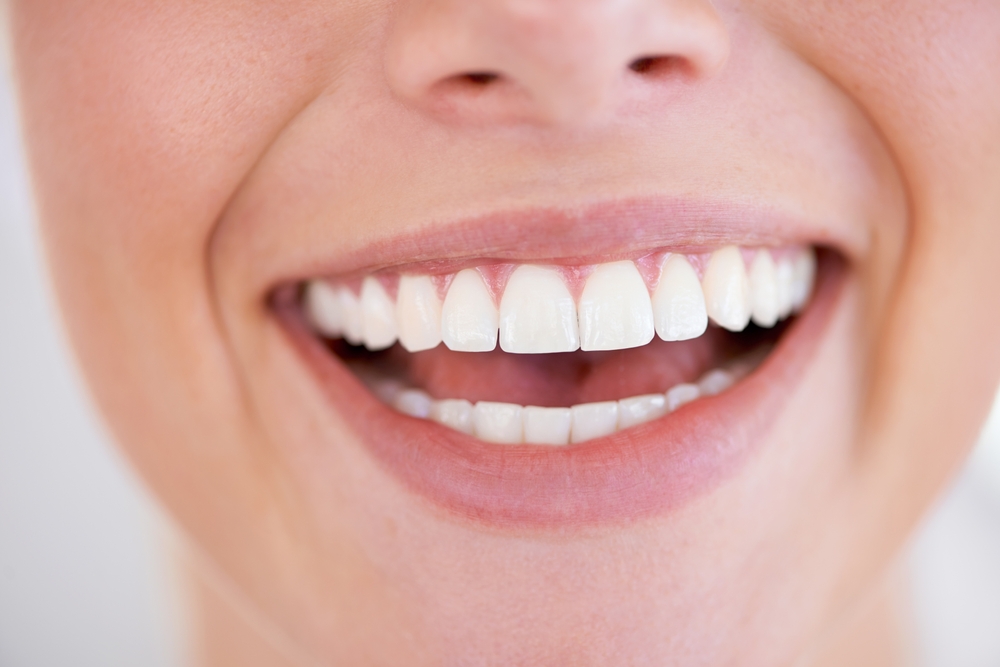If you have lost teeth and have not replaced them with dental implants, or you’re finding your dentures are giving you difficulty, you may have tried to eat without them. Over time, you could get used to eating without teeth or dentures, but this approach can not only be dangerous to your mouth, but also to the rest of your body.

Before you or someone you know attempts to eat their next meal without teeth or dentures – here are two health risks to consider:
Gum and Jaw Problems
For most adults, the bite force of their natural teeth is approximately 200-250 pounds of force. The force of dentures is about 50 pounds, showing that dentures are much less powerful than original teeth, but still much better than having your gums and jaws do all the work, which is what happens when you try to chew without teeth or dentures.
Over time, your gums and jaws will become sore and irritated from trying to properly process food, often leading to more serious problems such as infected gums and TMJ.
While there are many recipes for smoothies, purees, and other soft foods that claim to be safe to eat without teeth, such diet is recommended only for short periods of time; for instance, during the time your natural teeth are extracted and before the implants are in or dentures are ready.
Also, the jawbone constantly changes in response to pressure from teeth or dentures, and without this pressure, the bone weakens over time and becomes more prone to fractures.
Gastrointestinal Problems
The process of digestion is complex and involves many organs – starting with the mouth, so disrupting the process by food not being properly chewed can lead to digestive issues.
In addition to nutrients not getting extracted from the food and absorbed by our body, undigested food is also what bacteria in the colon feed off of – which can lead to bacterial growth, flatulence, and other symptoms of indigestion. And if you eat soft foods that don’t require chewing, you don’t give your body the opportunity to absorb nutrients through the chewing process.
During the process of chewing, the gastrointestinal system gets signals that the digestive process can begin: the taste receptors in the mouth get stimulated, and relay messages to the stomach to start producing acid to aid with digestion; the pancreas gets signals to begin producing enzymes that are passed into the small intestine to aid with digestion.
So what is the answer to missing teeth? Dental implants, whenever possible.

Implant dentistry actually has a success rate of over 95%, modern dentistry’s best option for replacing one or more missing teeth, since they offer a highly successful, long lasting, and natural-looking substitute.
A dental implant is an artificial, self-sustaining titanium tooth-root inserted into the jawbone; it acts as an anchor to support a replacement tooth or teeth, actually becoming a part of your jawbone and helping to maintain its health. Dental implants keep adjacent teeth healthy and maintain the structure of your jawbone.
At Smiles by Stevens, our greatest satisfaction comes from creating or restoring safe and healthy teeth, and over the years we’ve had the honor to transform many clients’ lives with their various dental needs, including implant dentistry. Dr. Shea F. Stevens and our caring and compassionate staff perform the surgical placement of dental implants, as well as restore them, and will work with you to help you chew properly again and enjoy all your favorite foods.
Click here to learn more about Lancaster, PA dental implants and why we continue to be one of Pennsylvania’s top 20 dentists and one of the most recognized and trusted dental offices in the area.





